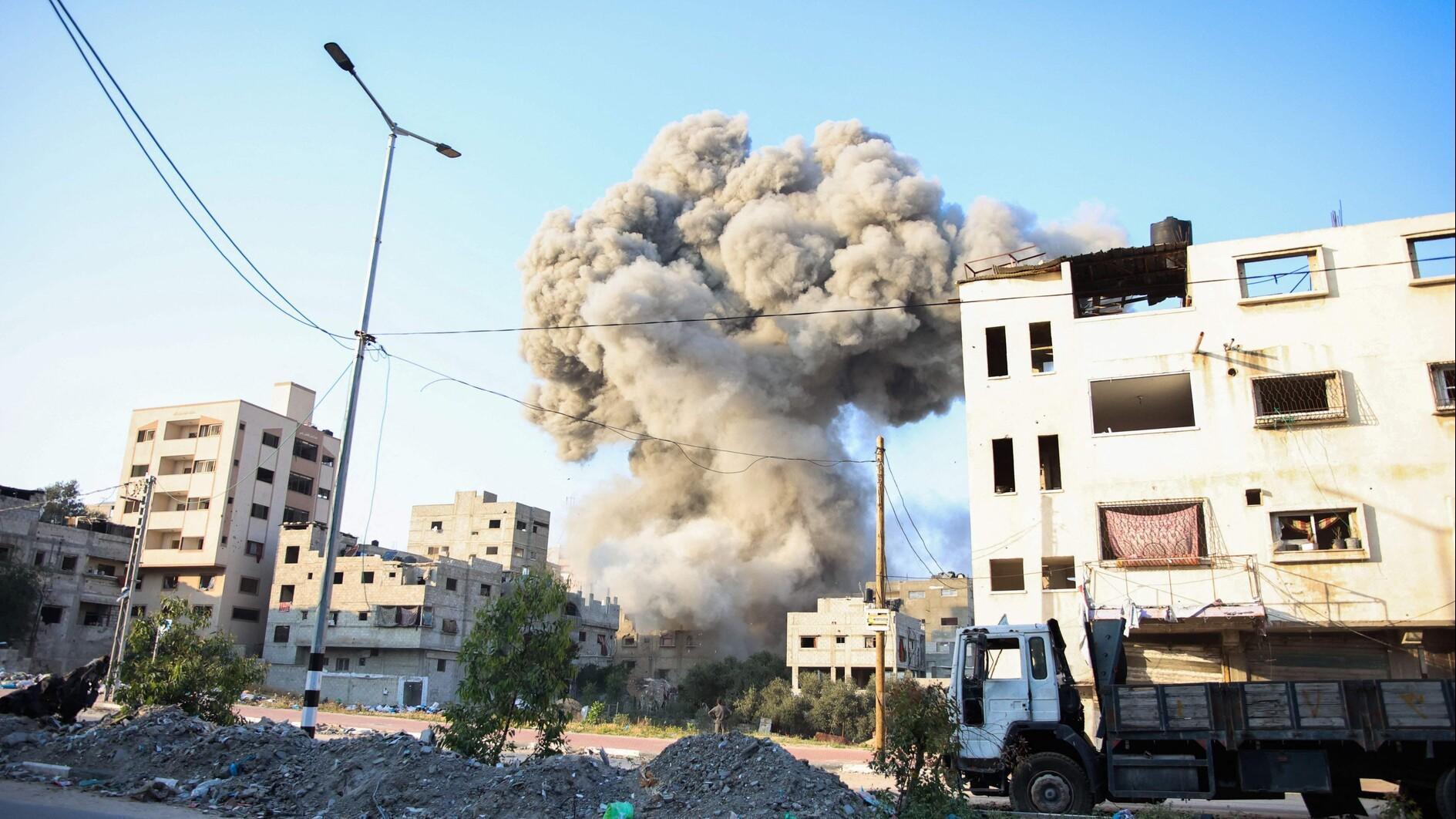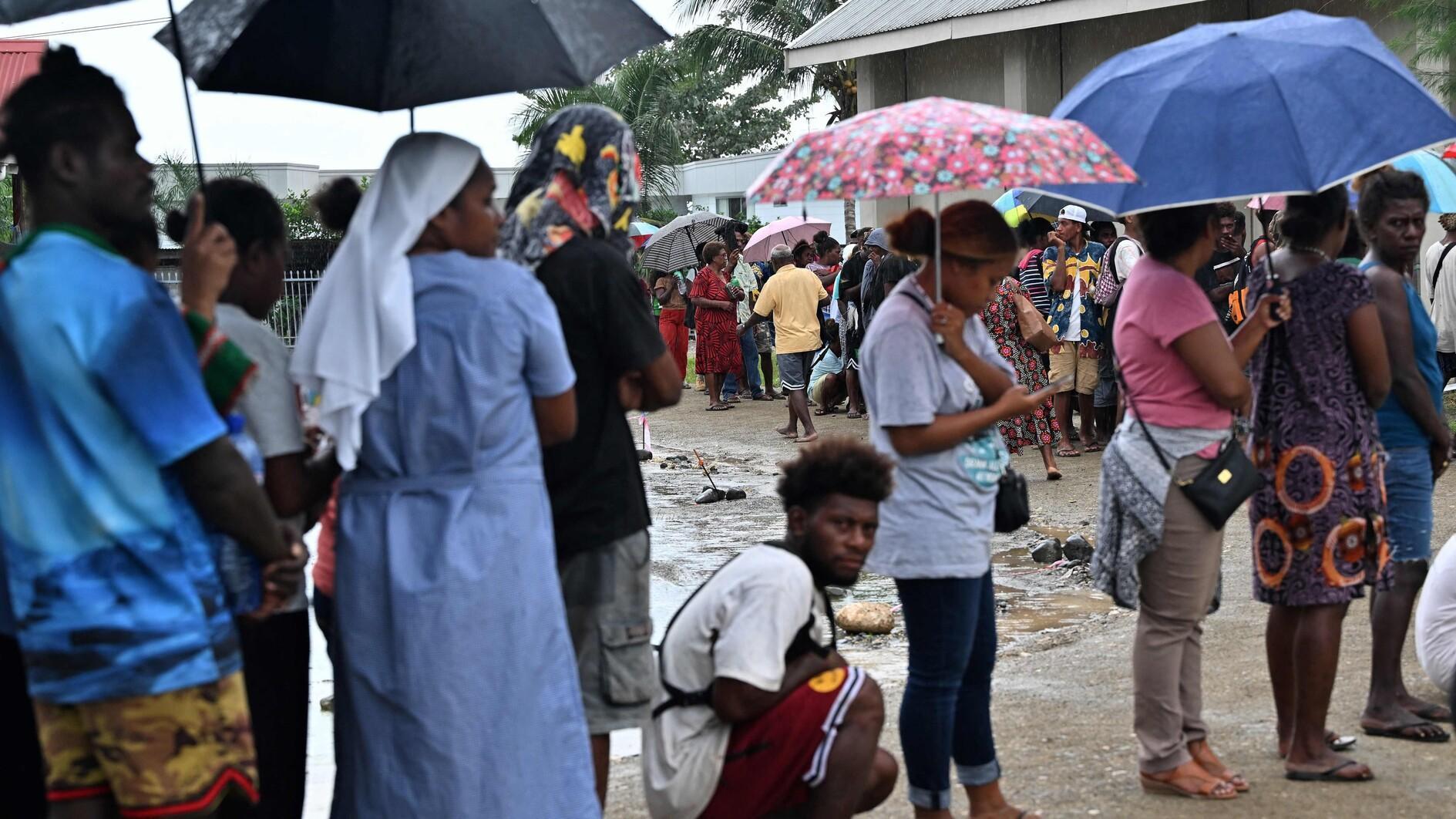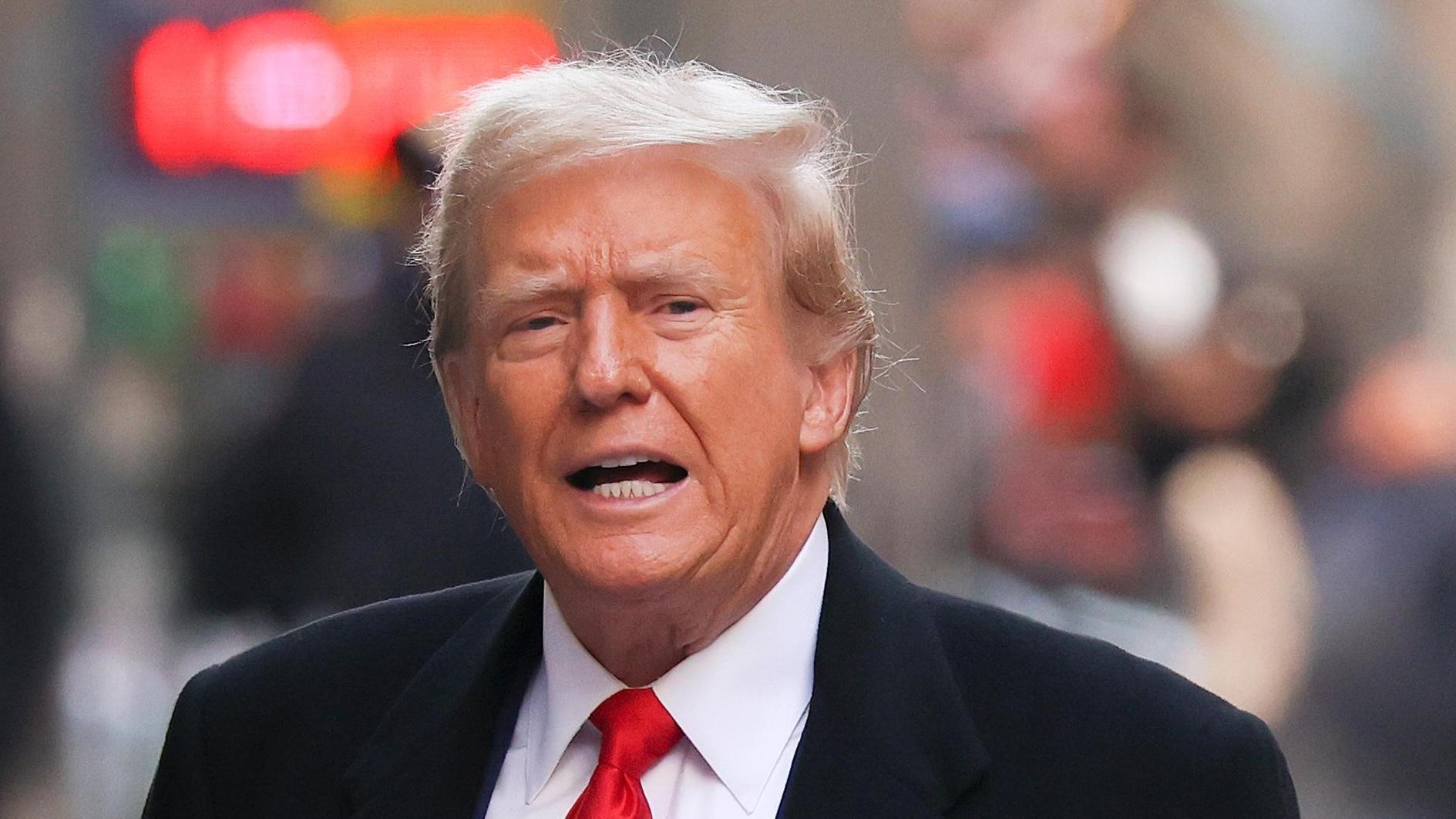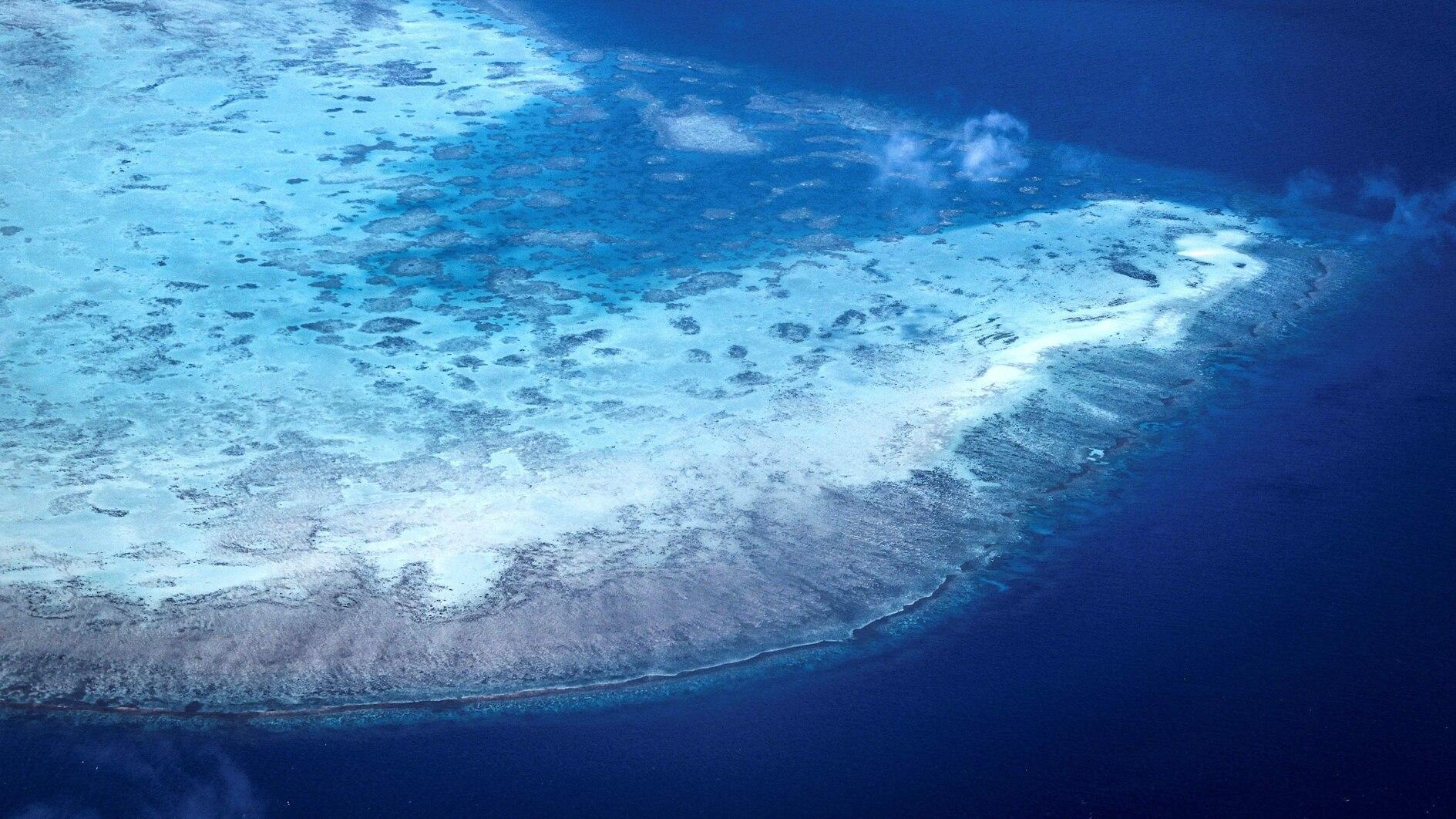Turkish deputy PM blames jailed PKK leader for provoking street violence
ANKARA
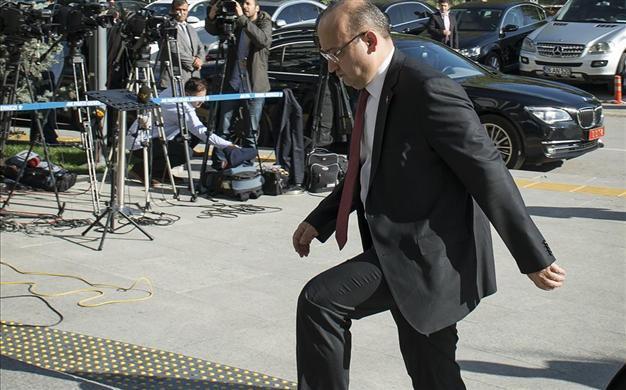
Deputy Prime Minister Yalçın Akdoğan.
Despite overall optimistic messages by Turkish government officials declaring their resolve for advancing the stalled peace process, a key Cabinet member has suggested that the jailed leader of the outlawed Kurdistan Workers’ Party (PKK) actually fueled the fire during recent deadly protests.“I believe that [PKK leader Abdullah] Öcalan played a role,” Deputy Prime Minister Yalçın Akdoğan said in an interview with NTV late on Oct. 22, when asked about recent street violence in the predominantly Kurdish eastern and southeastern provinces.
The unrest, which peaked on Oct. 6 and 7, led to the death of dozens of people in clashes between rival groups, following protests over the government’s perceived inaction toward Syrian Kurds besieged by jihadists in the Syrian border town of Kobane.
“I have the conviction that the message delivered by Öcalan provoked these incidents,” Akdoğan added, referring the message delivered by the PKK head’s brother, Mehmet Öcalan, on Oct. 6, following a visit by the latter to İmralı Island prison in the Sea of Marmara. Mehmet Öcalan quoted his brother as saying that they “will wait until Oct. 15 for a resolution. After that, there will be nothing that we can do.”
The street violence
“There is no such date set as Oct. 15. What is this Oct. 15 all about? Sometimes, there is a state of affairs, a wind blowing either from Kandil or the HDP,” Akdoğan added, referring to the Kandil Mountains where other PKK leaders are headquartered and to the Peoples’ Democratic Party (HDP), a key player in the Kurdish political movement represented in Parliament. Both are directly involved in the process aimed at ending the three-decade-long conflict between the PKK and Turkey’s security forces.
Akdoğan suggested that Öcalan often acted according to the situation in Kandil or the HDP, rather than shaping the situation himself.
“The HDP might have reflected Öcalan’s approach differently to the public. Perhaps Öcalan was expecting a controlled tension, but the reflection on the ground was destructive,” he said.
On Oct. 9, at a press conference in Diyarbakır, HDP co-leader Selahattin Demirtaş announced that Öcalan had called for an acceleration of the peace process following the deadly clashes. Öcalan also warned of “provocations and massacres.”
Akdoğan acknowledged that this message probably played a role in ending the violence, arguing that it provided a way out for HDP executives from a vicious circle as it offered them the chance to make a U-turn amid escalating violence.



